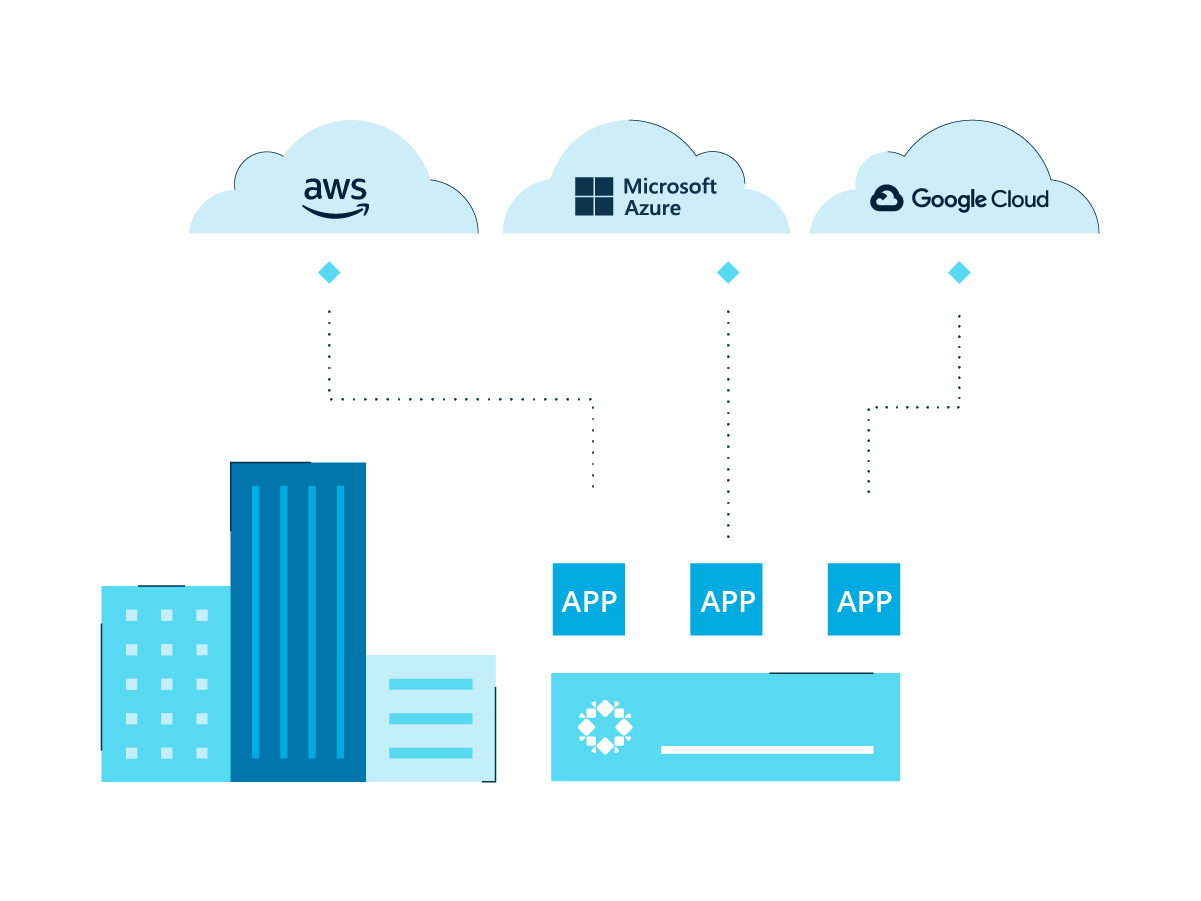As businesses collect ever-increasing volumes of data across devices, networks, and IoT applications, they are faced with many important decisions about archiving. Data archiving, or data archival, is the practice of determining what information to transfer from active production to longer-term storage.
Today, the cloud is becoming a critical tool for enterprises in general, as well as a more popular choice for data archives. While cloud archival is preferred by many enterprises, it’s not a one-size-fits-all option.
Cloud Storage 101
When people talk about storing data in the cloud, they are typically referring to using a public cloud service, such as AWS, Microsoft Azure, or Google Cloud Platform (GCP). These providers offer a full range of storage options, categorized by tiers, to manage pricing and performance.
Storage tiers give customers a range of options for performance, speed, capacity, and price. Top tiers, such as AWS S3 (Simple Storage Service), are typically fast but expensive, designed for active, frequently accessed data—most often an organization’s production data. Subsequent tiers offer slower speeds and lower pricing, all the way down to cold storage, or tiers designed for long-term archives, such as AWS Glacier. Archive tiers have a very low per-GB cost, but retrieving that stored data can sometimes take days.
Pros and Cons of Cloud Archival
Knowing the advantages and disadvantages of cloud archival is the key to making the right choice for your business.
Pros include:
Lower up-front costs as compared to purchasing on-premises hardware and software to store data, plus the costs of managing and updating data center equipment.
Increased accessibility over traditional on-premises physical media, such as tape or hard drives. Users can access archived data anywhere, anytime.
The cons of cloud archival begin to emerge at scale, as volumes of data grow to hundreds of terabytes or petabytes. They include:
Rising, unpredictable costs. While archive tiers seem quite inexpensive at first glance, the data stored within them is considered offline, and cloud providers charge a fee every time that data has to be accessed (or restored), changed, or moved. If you have millions of files, those fees can get out of control quickly.
Loss of control over your data and privacy, as proprietary and other sensitive data is no longer stored on your own on-premises infrastructure.
Many Look to Hybrid Models to Manage Costs and Access
After considering the benefits and risks of keeping their data archives in the cloud, many companies opt for a hybrid model, which means keeping some archival data stored in on-premises infrastructure while uploading other types or sets of data to public and/or private clouds.
A few of the main reasons enterprises are using both on-premises and cloud archives is that, first of all, a lot of data that needs to be archived is actually generated initially in the cloud, such as email and social media. But while large volumes of data are born in the cloud, businesses also have a lot of data archived and stored in on-premises legacy solutions that still offer value. There’s often no viable reason to take the time and expense of moving that data into the cloud wholesale. The content can be “aged off” the system over time.
Rubrik Delivers the Best of Both Worlds
With Rubrik, you can easily preserve your archival data and also access it when you need it, no matter where it’s stored. With scalable, cost-effective data archival across hybrid cloud environments, you can choose from a range of economical storage options—from public and private cloud to physical storage on-premises.
No matter how or where you store your archived data, you get speedy access with automatic indexing and predictive, global search across all applications, infrastructures, and generations. With these features, you can search, find, and extract just the data you need instead of having to pull out an entire dataset—and ultimately reduce the cost of cloud-based data archives.
Learn more about how Rubrik can help you easily manage long-term retention while lowering your TCO with cloud archival solutions.


